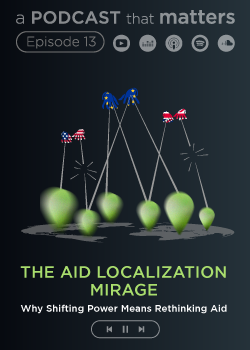Print

Promoting Sustainable, Affordable Housing Construction Technologies Using Environmentally Sound Locally Available Resources (PURSUE)
Details
Locations:Mozambique, Portugal, Somalia, Tanzania, Turkey
Start Date:Dec 1, 2024
End Date:Nov 30, 2027
Contract value: EUR 702,364
Sectors: Civil Engineering, Environment & NRM, Training
Categories:Grants
Funding Agencies:
Date posted:Jun 9, 2025
Description
Programme(s): Erasmus+ (ERASMUS+)
Topic(s): ERASMUS-EDU-2024-CBHE-STRAND-2
Type of action: ERASMUS Lump Sum Grants
Project ID: 101179647
Objective: The provision of durable, hazard-resilient, sustainable, and accessible housing is vital for promoting equality, health, education, and social services. It yields indirect benefits such as contributing to economic growth, enhancing health and education outcomes, and positively impacting gender dynamics. However, there exists a substantial housing deficit in countries like Mozambique, Somalia, and Tanzania. Natural and man-made hazards exacerbate the housing crisis, with millions displaced in SAR due to drought, floods, and conflict. Given the environmental impact of the construction sector, there is a growing emphasis on ecofriendly construction materials and practices. Earth, as a construction material, offers several advantages such as sustainability, affordability, thermal and sound insulation, and low environmental impact. The PURSUE project aims to promote the use of locally available, eco-friendly, and affordable construction materials, fostering collaboration among higher education institutions, professionals, and communities in Sub-Saharan Africa. The project involves collaboration between universities in Türkiye, Portugal, Mozambique, Tanzania, and Somalia (2 HEIs from Europe, 6 HEIs from SAR, and 1 associate partner; 9 partners in total) focusing on supporting sustainable development goals such as industry innovation, sustainable cities, responsible consumption, climate action, and partnerships for development. The project aims to enhance the capacity of universities and professionals in the region through courses, training programs, and laboratory improvements through 7 WPs. Target groups include students, academics, technicians, and practitioners in civil engineering and architects. Stakeholders include research centers, public bodies, NGOs, embassies, and the private sector. Key indicators of success include increased awareness of earthen materials, enrollment in courses, usage of new equipment, and dissemination of project activities and results.

